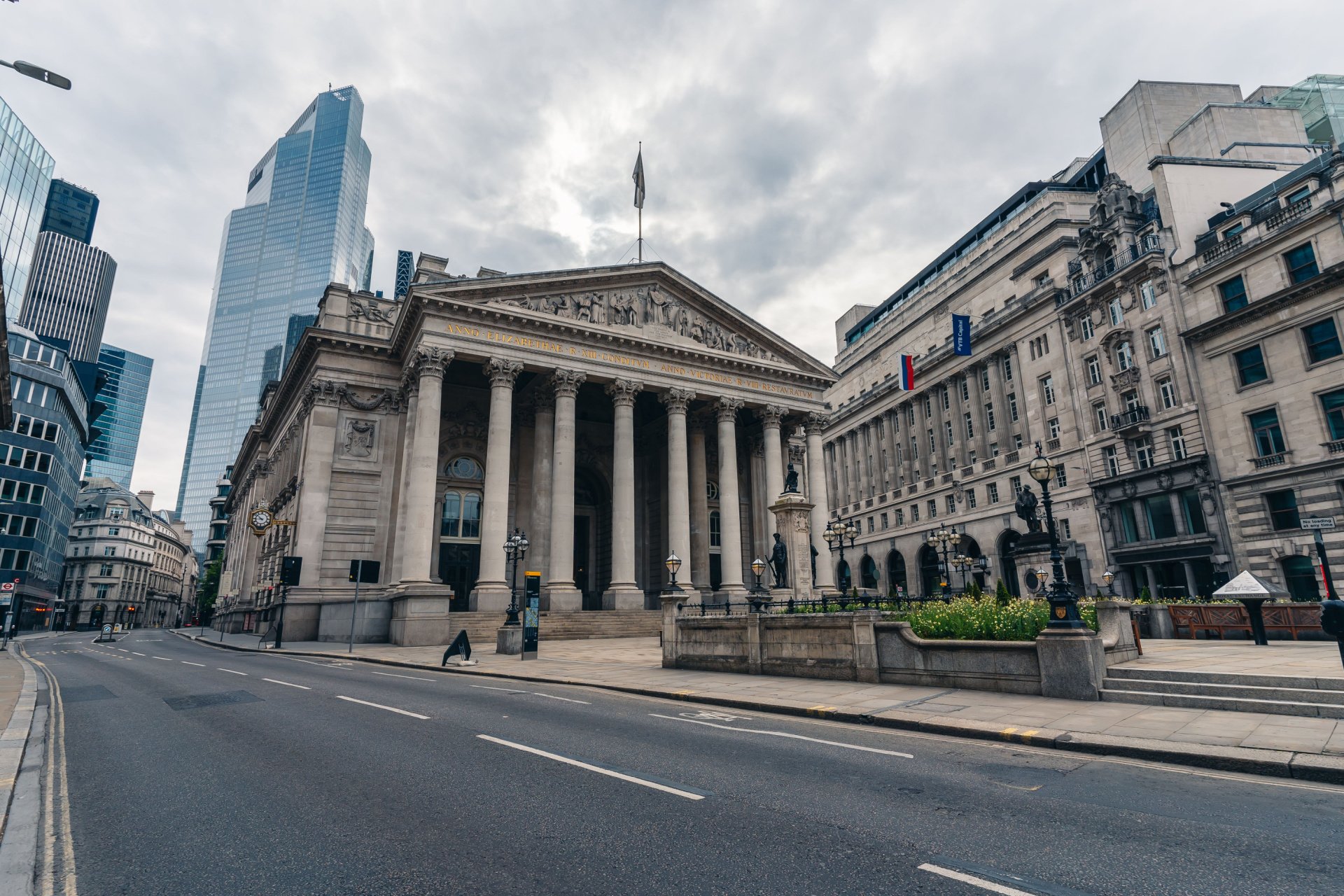Weekly Briefing: BoE rate cuts "not unreasonable" to expect, IHT receipts to break records & 2024 UK business optimism grows
In this week’s briefing we discuss Bank of England (BoE) Governor Andrew Bailey’s speech to MP’s about possible Bank Rate cuts and the economic outlook, new data from HMRC showing Inheritance Tax (IHT) receipts are on-track for a record-breaking year, and more.
UK Economy
BoE Governor Suggests It's "Not Unreasonable" To Expect Rate Cuts But Reiterates Economy Is Picking Up
- Following the news that the UK fell into recession at the end of 2023, BoE Governor Andrew Bailey has suggested interest rates could fall but reiterated his belief that the economy is now picking up.
- Speaking to members of the Treasury Select Committee, Bailey said: “The market is essentially embodying in the curve that we will reduce interest rates during the course of this year. We do not endorse the market curve. We are not making a prediction of when or by how much [we will cut rates].”
- However, the Governor went on to add that “it’s not unreasonable for the market to think about” reductions and stated that whilst inflation looks to be going in the right direction, “we need to see more evidence of that and that’s what will shape my vote [on the Bank Rate] going forward.”
- But Bailey’s focus was that “the economy is already actually showing distinct signs of an upturn.”
- He continued: “There was a lot of emphasis again on this point about the recession, and not as much emphasis on [...] the fact that there is a strong story, particularly on the labour market [and] also on household incomes."
- Bailey also told MP’s that by historical standards, “this is the weakest recession by a long way.”
UK Tax
IHT Receipts Hit £6.3 Billion
- In HMRC’s monthly tax receipts and national insurance contributions bulletin, it has revealed that IHT receipts for April 2023 to January 2024 reached £6.3 billion.
- This is a £0.4 billion rise when compared to the same period a year prior and puts 2023/24 on track to be a record-breaking year.
- The IHT nil-rate band has been frozen at £325,000 since 2009, and as house prices have risen and investment assets have grown whilst it has remained stagnant, more estates have been dragged over the threshold according to Laura Hayward, Tax Partner at Evelyn Partners.
- There have long been rumours of IHT cuts and changes, and all eyes will now be on Chancellor Jeremy Hunt’s Spring Budget – set to take place on 6th March 2024 – to see if these come to fruition.
- What is clear, however, is that it’s prudent for investors to be considering IHT-free tax incentives such as the Enterprise Investment Scheme (EIS) and Seed Enterprise Investment Scheme (SEIS) to help protect their wealth in the future.
UK Business
UK Businesses Are Feeling More Optimistic In 2024 According To Survey
- An annual survey by Boston Consulting Group (BCG) has shown that British businesses are more optimistic about their profits and economic growth this year than they were last year.
- The findings are based on a poll of 1,500 businesses taken between 5th January and 15th January 2024, and they show a similar pattern to the Purchasing Managers’ Index figures, which recorded the fastest growth in eight months in January.
- Raoul Ruparel, Director of BCG’s Centre for Growth, said: “We are seeing signs of emerging optimism amongst business leaders in the UK. Business leaders largely expect to maintain or grow their headcount and over half plan to raise prices by more than 6% this year.”
- 47% of the business leaders surveyed think economic growth will be better by the end of the year, up from 37% last year.
- Four in five businesses were confident about their prospects over the year, compared with three-quarters of businesses last year, and half expect profits to rise over the next 12 months.
Venture Capital
The New Realism In Venture Capital Is Healthy
- Thoma Bravo Managing Partner Holden Spaht suggests in an article for Financial Times that VC’s “stockpile of dry powder is in reality a sign of private capital’s growing attraction as an asset class.”
- According to the article, BlackRock and Preqin estimate that the stockpile of dry powder – funds committed by investors but sitting idle – has risen to almost $4 trillion.
- Spaht argues however that “as a proportion of overall private capital assets under management — which Apollo estimates at more than $13 trillion — today’s uninvested capital (at about 30%) isn’t unprecedented. It is actually proportionately smaller than it was in 2019 (about 40%).”
- He continues: “Even with exits constrained, investors want to allocate more money because the returns justify it. And that demand may be even higher than it appears: many investors are restricted by rigid allocation caps to the sector.”
A Final Note
HMRC’s latest IHT receipts data should act as an eye-opener for investors looking at their tax planning, particularly as the beginning of a new tax year nears. IHT take has been continuing to rise, and in order to protect the future of your wealth, the consideration of utilising IHT-free tax reliefs when investing is crucial.
On the other hand, it’s excellent to see that after an undoubtedly turbulent few years, British businesses are beginning to feel more optimistic about and confident in their futures, as the UK economy tentatively starts to pick-up.
At GCV, we remain committed to providing the latest insights into the investment and wider economic landscape in order to support investors in making well-informed decisions when choosing where to allocate their capital.
If you would like to find out more about a number of tax-efficient investment strategies available to UK investors, discover our range of downloadable resources here.
%20(3)%20(2).jpg)








